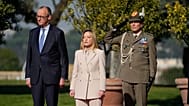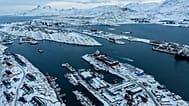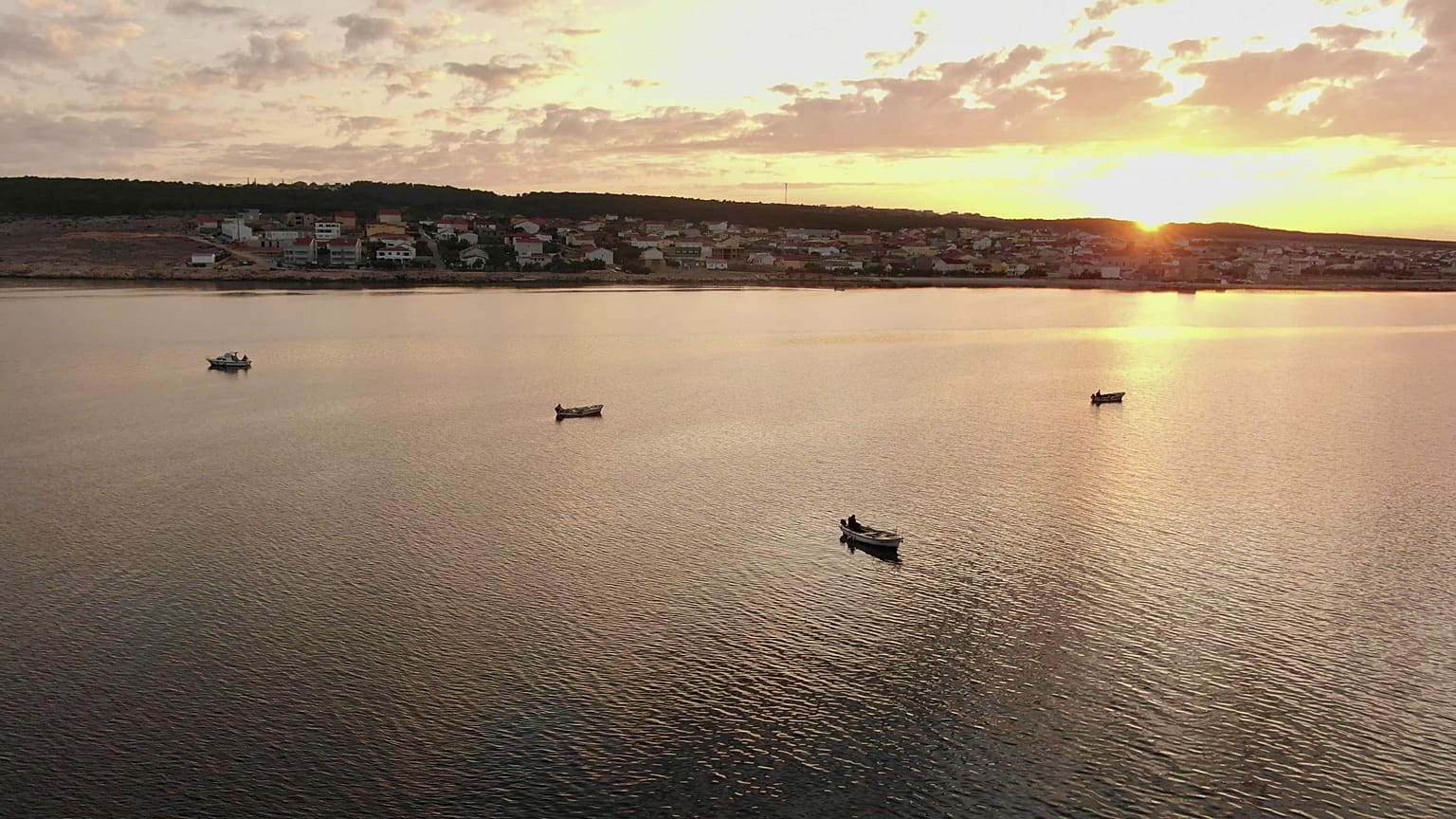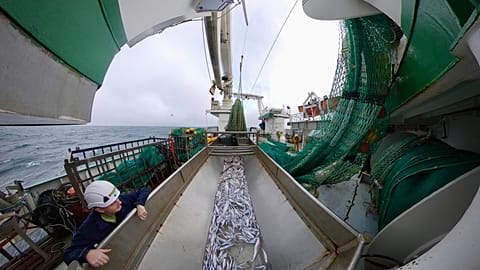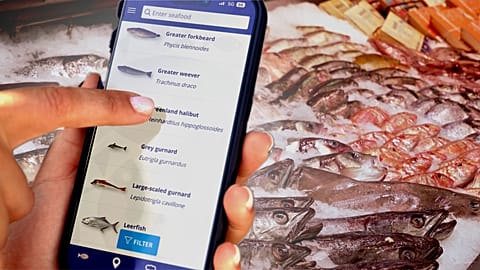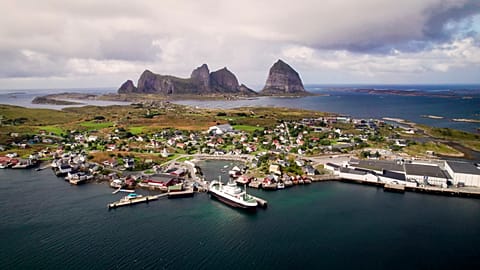Small-scale fishers often have limited access to social protection programmes and financial services — and their catch is not always adequately monitored.
Small-scale fisheries (SSF) play a crucial role in the Mediterranean and the Black Sea region, representing 83% of the fleet, 57% of employment onboard vessels, 29% of revenue and 15% of the catch. However, small-scale fishers often have limited access to social protection programmes and financial services — and their catch is not always adequately monitored.
Living in a shadow
According to Marco Costantini, Fisheries Project Manager at the WWF Mediterranean Program Office, many small-scale fishers "live in a sort of a shadow".
Marco Costantini, Fisheries Project Manager, WWF Mediterranean Program Office:
"Small-scale fishers are the key component of the fishing fleet of the Mediterranean. 83% to 85% of the entire fleet is made by small-scale fishers, and small-scale fishers are always located in remote areas, and small ports.
"There are very few policies dedicated to them. In particular, there is a huge discrepancy between the way they are managed and the way industrial fishery is managed.
"We don't know exactly if they are fishing sustainably or not, if they are making a huge impact on the ecosystem or not. These are the problems related to the status of their resources. Then there are social aspects: social security and food security. They live in a sort of shadow, I would say."
Win-win solutions
"In the Mediterranean, most of the stocks are overfished. The point is that if we want to reduce this impact, we have to understand the way small-scale fishers are fishing, in order to understand how to limit the impact and improve the status of biodiversity.
"It would mean fishing better and potentially fishing less. Yes, fishing less, but ensuring a good livelihood for the fishers. There are alternatives to fishing — like pescatourism, like opening restaurants, and understanding how to fish in a different way — for example, making the nets and the way they fish more selective is a way to reduce their impact.
"So it's within this interaction that we create win-win solutions in which fishers are getting more from the way they fish, and we can get a reduction of the impact on the ecosystem."



